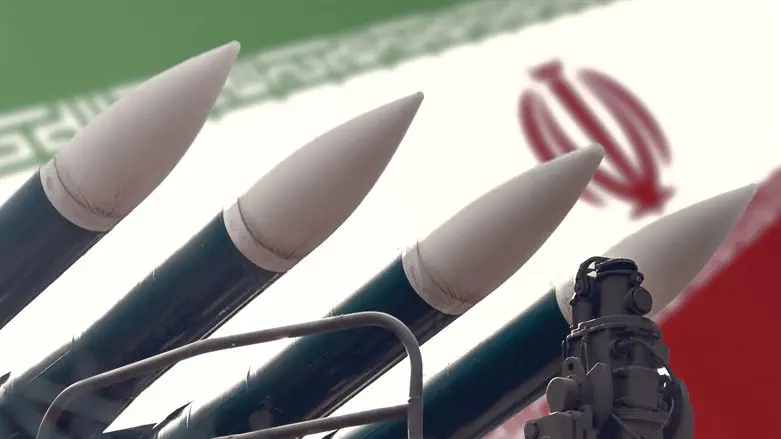
Iran summoned diplomats from the United Kingdom, France, and Germany on Thursday to protest a UN Security Council meeting regarding Tehran's nuclear program, AFP reported, citing a statement from Iran’s foreign ministry.
The statement emphasized that there was "no technical or legal justification" for the meeting, labeling it as "provocative and political" and in line with the "unilateral and nervous approach of the United States."
The meeting, held on Wednesday, saw the US mission accuse Iran of "brazen behavior" concerning its nuclear activities. The session was prompted by requests from several Security Council members following the latest report from the UN’s International Atomic Energy Agency (IAEA).
The IAEA report from late February found that Iran has significantly escalated its production of near-weapons-grade uranium, with its stockpile of uranium enriched up to 60% reaching 274.8 kilograms, an increase of 92.5 kilograms since November.
Iran's foreign ministry stated in its Thursday statement that the diplomats were summoned "in protest over their complicity with the United States and for holding a meeting behind closed doors on Iran's peaceful nuclear program."
Iran has expanded its nuclear activities since 2019, following the decision by US President Donald Trump, in his first term in office, to withdraw from the 2015 nuclear deal signed between Iran and world powers.
Since his return to office in January, Trump has called for a new nuclear deal with Iran. However, Tehran maintains that such an agreement is not possible as long as the sanctions remain in place.
Under the 2015 deal, Iran agreed to limit its nuclear activities in exchange for sanctions relief from the US, Britain, France, Germany, Russia, and China.
Britain, France, and Germany recently informed the UN Security Council that they stand ready to trigger the "snapback" mechanism, which would reinstate all international sanctions on Iran to prevent it from acquiring nuclear weapons.
The window to take such action closes on October 18, 2025, when the UN resolution underpinning the 2015 deal is set to expire.


